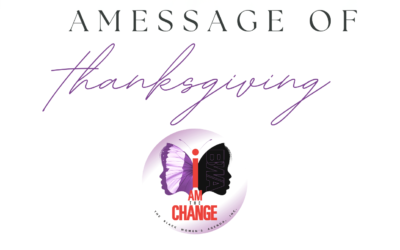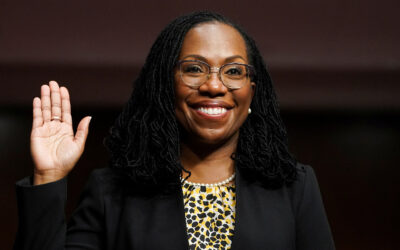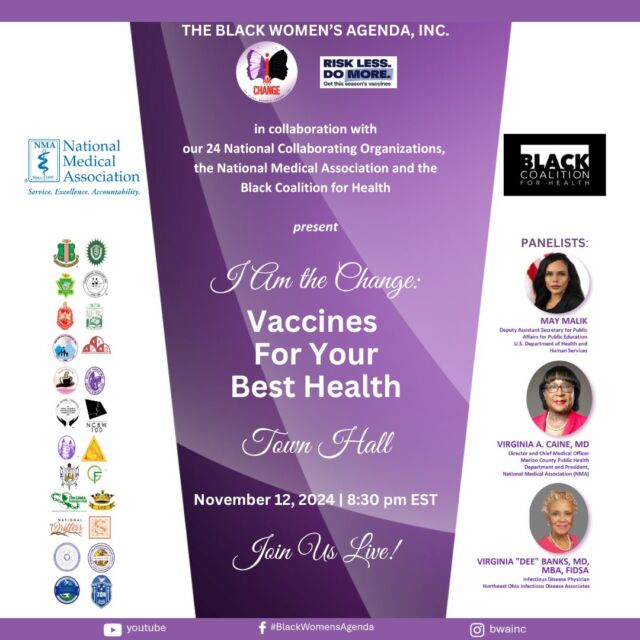THE CREDIT FOR CARING ACT:
What You Need to Know
Background: On May 17, 2017, this bi-partisan proposed bill introduced in the U.S. House and Senate called the Credit for Caring Act, (S.1151/H.R. 2505) would amend the Internal Revenue Code to create a federal, nonrefundable tax credit of up to $3,000 for family caregivers who work while also financially help and assist in caring for their parents, spouses, children with disabilities or other loved ones. Introduced by Senators Joni Ernst (R-IA), Michael Bennet (D-CO), Shelley Moore Capito (R-WV) and Elizabeth Warren (D-MA), and Representatives Tom Reed (R-NY) and Linda Sánchez (D-CA), this bill is an important step toward supporting caregivers that work while caring for family members. AARP and other national organizations have endorsed the Credit for Caring Act. This bill would help defray some of the costs to family caregivers, 78 percent of whom use their own money to assist with caring for a loved one, and help ensure that they can continue working.
Issue: Today, over 40 million Americans provide long term assistance and care for adult loved ones today. Unpaid caregiver costs are estimated to be valued at a staggering $470 billion dollars annually (more than total Medicaid spending in 2013). In addition, an estimated 3.7 million family caregivers provide care to a child younger than 18 with a medical, behavioral or other condition or disability, and 6.5 million family caregivers assist both adults and children. Family caregivers as-sist with necessary daily life functions, including bathing and dressing, preparing meals, manag-ing medications, driving to appointments, and managing finances. (Source: AARP 2016 Survey Report)
What will the Bill Do?
- The Bill would give eligible family caregivers the opportunity to receive a tax credit for 30 percent of the qualified expenses above $2,000 paid to help a loved one, up to a maximum credit amount of $3,000 if the caregiver meets the following criteria:
- Is a spouse, adult child, parent or another relation named under the “dependent” definition
- Helps a loved one, of any age, who meets certain functional or cognitive limitations or other requirements, as certified by a licensed health care practitioner
- May or may not live with the loved one
- Have more than $7,500 in earned income for the taxable year, and
- Can document qualified expenses.
- Index certain dollar amounts and income levels to inflation
- Coordinate with other existing tax provisions to prevent double dipping, and
- Phase out at higher income levels.
Status of the Bill:
This bill was referred to the House, Ways and Means Committee.
What You Can Do:
- Attend a Town Hall in your congressional district
- Contact Your U.S. Senator and House Representatives at www.senate.gov and www.house.gov
U.S. Capitol Switchboard (202) 224-3121.
You can download a copy of this article here: Credit for caring Act.pdf
OTHER NEWS
A MESSAGE OF PEACE, LOVE AND TOLERANCE
The holidays are a time of joy and happiness for many but for some it is also a time when we miss our loved ones who are no longer with us. As a country, we are experiencing events that are meant to divide and separate us. The Black Women’s Agenda, Inc. and our Collaborating Organizations embody what our country should be – working together.
The diversity of who we are as humans is the tapestry of peace and love highlighted as we gather in our homes and places of worship. Whatever you celebrate, let’s embrace the spirit of the Peace, Love and Tolerance.
A Message of Thanksgiving
In this season of Thanksgiving let us embrace the words of renowned poet Maya Angelou-
“Let gratitude be the pillow upon which you kneel to say your nightly prayer. And let faith be the bridge you build to overcome evil and welcome good.”
Thanksgiving is a time when we gather around the table with family, friends, and loved ones to celebrate our blessings of the past year. It is our time to put aside our differences, give thanks for our blessings, and express our gratitude.
As we are move into the last weeks of 2023, we have witnessed and experienced some of the most challenging times that many of us have ever seen. Amid these times, we have been brought closer together not because of our similarities but because of our differences.
During our 2019 Symposium, Our WA President Gwainevere Catchings Hess said,
THE BLACK WOMEN’S AGENDA, INC. ENDORSES KETANJI BROWN JACKSON’S NOMINATION TO THE U.S. SUPREME COURT
The Black Women’s Agenda, Inc. (BWA) today announced its enthusiastic support for President Joseph Biden’s nomination of Ketanji Brown Jackson to the United States Supreme Court. “While there are many individuals, including numerous Black women, who are exceptionally qualified to assume a seat on the nation’s highest court, Ketanji Brown Jackson comes to this moment with impeccable credentials,” said Gwainevere Catchings Hess, BWA’s National President.
No feed found with the ID 1. Go to the All Feeds page and select an ID from an existing feed.
© 2025 The Black Women’s Agenda, Inc. All Rights Reserved. Privacy Policy








